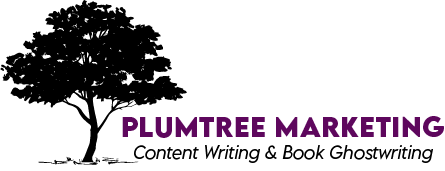There’s a popular meme about the importance of punctuation:

What’s the difference between “Let’s eat Grandma” and “Let’s eat, Grandma”? When you leave out the comma, Grandma goes from being the dinner guest to being the dinner entrée!
As a 2017 court case proves, ambiguous or incorrect punctuation can be costly for businesses. This particular case hinged on the lack of an “Oxford comma” in a Maine statute. As a reminder, an Oxford comma is a comma used after the next-to-last item in a list of three or more items, before “and” or “or”.
This particular law stated that employees who work in “canning, processing, preserving, freezing, drying, marketing, storing, packing for shipment or distribution” of certain food or agricultural products are not entitled to overtime pay.
Because there is no comma after “shipment,” that last phrase either refers to:
- Employees who pack things that are later used for shipment or distribution
OR
- Employees who either pack things for shipment or are involved with distribution.
In O’Connor v. Oakhurst Dairy, the employees in question drove delivery trucks. They distributed products, but did not pack products. Were they eligible for overtime pay? If the statute was interpreted as per #1 above, then yes. But if the statute was interpreted as per #2 above, then no.
Ultimately the court determined that the statute was ambiguous, and the interpretation most advantageous to the employees therefore prevailed. That one missing comma probably cost employers millions of dollars in overtime pay.
What could this type of error or oversight do to your business?
This is a great reminder to always proofread everything thoroughly, from marketing pieces to proposals, contracts, memos and more. In addition to looking for spelling and grammar errors, pay special attention to the punctuation. Be aware that incorrect or missing punctuation can completely change your message’s meaning. At best this can make your company look bad. At worst it can be a very costly mistake!
Review important things more than once
Studies have shown that our brains process information differently when we read something on a screen versus when we read it in print. For that reason, when you have something critical to proofread, I recommend that you review it twice: Review it on screen, and then print it out and read through it again. You’ll be surprised how many things you catch on the second reading that you didn’t notice the first time round.

